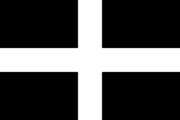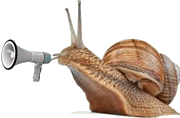I often meet people who say that they studied a language or two in school, but have since forgotten most of what they knew as they’ve had little need and few opportunities to speak the language(s). To some extent I’m in a similar position – since finishing school I have rarely spoken French or German, though I did spend three months working in France during my year off before going to university, and my ability in them atrophied. However, since I started going to a French conversation group a few years ago, I have regained my fluency in French – it came back quite quickly, and the polyglot conversation group I started this month gives me opportunities to use my German, which is starting to come back, after nearly 25 years of neglect.
Last week I was wondering why many people seem to find it hard to recover neglected languages they’re learnt in the past, even after only a few years. A friend suggested that my ability to do this might be because I’ve been actively learning languages more or less ever since I was 11 years old, and that by keeping the bits of my brain involved with learning and using foreign languages helps to keep all the languages in there at least partly active. I think there is something in this, as I remember reading about experiments in which bilingual individuals were put in brain scanners, which found that when the bilinguals were focused on one language – hearing it, reading it or speaking it – their other language was also active.
Another factor is how thoroughly you learnt a language in the first place – if you learnt it to a high level, then reviving it later is likely to be easier than if you only acquired a basic knowledge of it. For example I spent only a few months learning Italian and Portuguese on my own, quite a few years ago, and though I can still sort of read and understand them, I can only speak them to a very limited extent. I would need to start again with them really as my knowledge of them is shallow, so there’s not much to revive.
Have you studied languages in the past, neglected them for some time, then managed to revive them?

